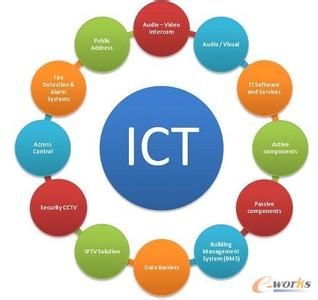Diffusion of ICTs provide possibilities for women empowerment by greater participation and enhanced gender-based digital equality. However, a critical analysis reveals that as ICT diffusion widens, there is a persistent threat of widening the gender-based digital divide and exposes women to online sexual abuses, predominantly in developing countries characterized by the gendered nature of the social structure. Instead of accepting ICT as the facilitator to women empowerment, in this paper, we develop a critical research framework for a gender-focused examination of ICT4D studies. Critical research methodology provides the appropriate ontology unveiling social realities through challenging the status quo and exposing the deeper societal inequalities. Using the critical research framework developed, we investigate past ICT4D initiatives and artifacts from literature and draw critical conclusions of its benefits and issues. This study would aid future ICT4D research to investigate areas of gender discrimination and understand the role of ICTs in a critical light.
翻译:信息和通信技术的传播通过更大程度的参与和基于性别的数字平等为赋予妇女权力提供了可能性。然而,一项批判性分析显示,随着信息和通信技术传播的扩大,存在着扩大基于性别的数字鸿沟和使妇女遭受网上性虐待的持续威胁,主要是在以社会结构的性别性质为特征的发展中国家。我们不是接受信息和通信技术作为赋予妇女权力的促进者,而是在本文件中为对信息和通信技术4D研究进行以性别为重点的审查制定关键的研究框架。关键研究方法通过挑战现状和揭露更深层次的社会不平等,提供了揭示社会现实的适当理论。我们利用所制定的关键研究框架,调查过去信息和通信技术4D倡议和文献中的文物,并就其益处和问题得出重要结论。这项研究将有助于未来的信息和通信技术4D研究调查性别歧视领域,并了解信息和通信技术在关键方面所起的作用。



